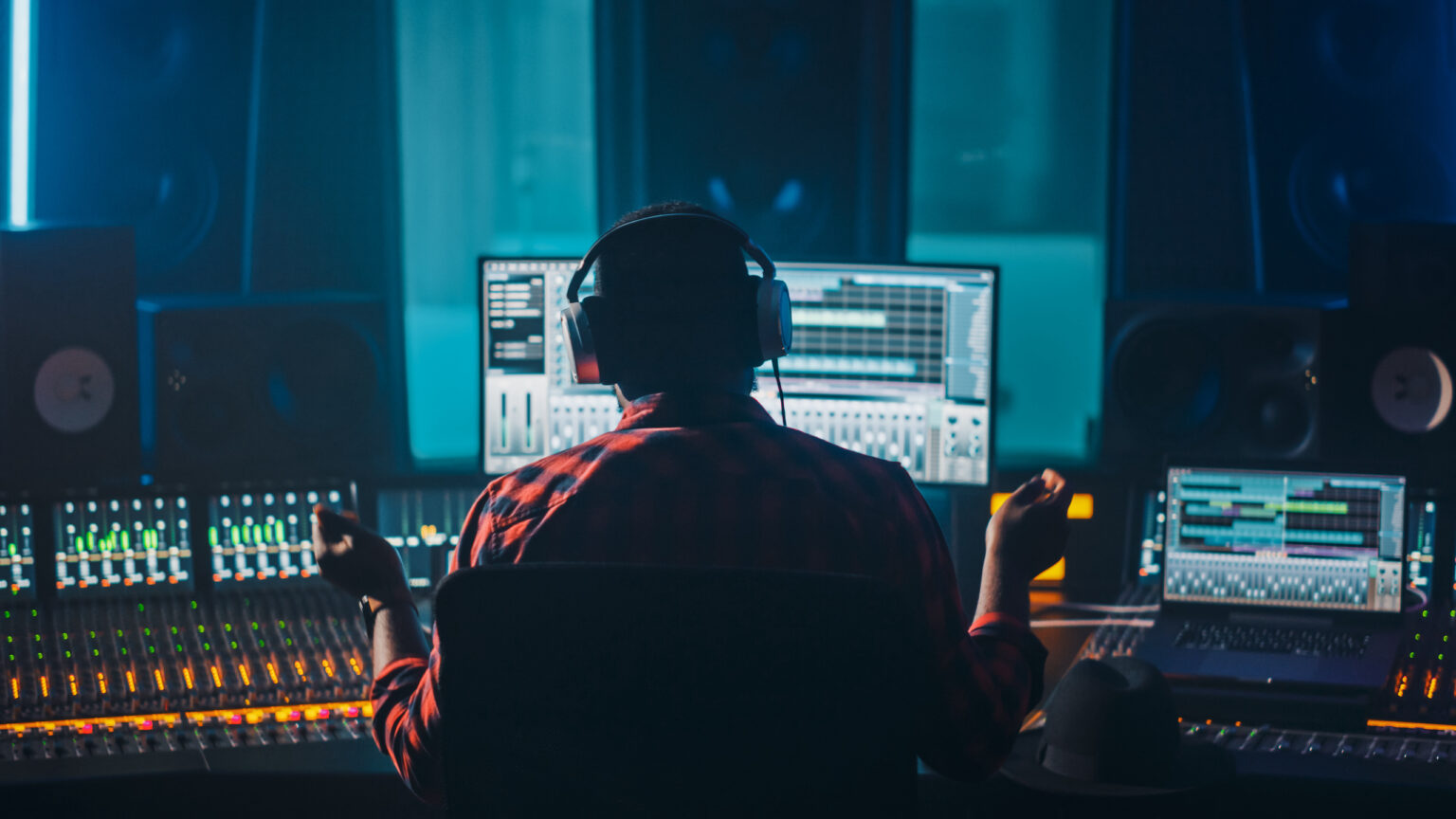AI has the potential to reshape the music industry with users now able to replicate popular artists’ music, including the voice of Kanye West. The industry has undergone significant transformations over the years, thanks to advances in technology.
In the digital age, we have seen the rise of streaming services, virtual concerts, and music production software that have made it easier for both professionals and amateurs to create and distribute their work.
But perhaps the most groundbreaking development in recent times is the integration of AI into music production, and one of the most remarkable examples is the ability to replicate the voice and style of popular artists like Kanye West.
Machine-made artistry
AI-powered music creation platforms are making waves, allowing users to generate music and vocals that mimic the sound and style of their favorite musicians. This technology is not only democratizing music production but also raising questions about creativity, originality, and the future of the music industry.
One such platform gaining attention is OpenAI’s ChatGPT-4, a powerful AI model that can generate human-like text, music lyrics, and vocals based on a vast dataset.
With ChatGPT-4, anyone can write lyrics, suggest melodies, and have the AI model produce vocals resembling the voice of famous artists. This has led to a surge of AI-generated music and content that blurs the line between human and machine-made artistry.
Using AI tools, one can write lyrics and record vocals, uploading them to the AI tool and having a model that’s already trained using sample voices from an artist to alter how the song sounds, so it matches the artist chosen.
An AI Kanye
AI enthusiast Roberto Nickson posted on his Twitter feed the process by which he produced a song that sounds like Kanye West using AI. After writing “8 bars” and using a West-style beat from YouTube, Nickson transforms his own vocals to sound just like Yeezy.
And just like that. The music industry is forever changed.
I recorded a verse, and had a trained AI model of Kanye replace my vocals.
The results will blow your mind. Utterly incredible. pic.twitter.com/wY1pn9RGWx
— Roberto Nickson (@rpnickson) March 26, 2023
“I found this Kanye-style beat on YouTube, I wrote eight bars, I’m gonna record them now and then I’m gonna have AI Kanye replace me,” says Nickson on the video.
In his composition, Nickson includes these lines: “I attacked a whole religion all because of my ignorance. What was I thinking? That was some b***s***. I lost Adidas but I’m still Yeezy.”
Anyone could easily believe it’s Kanye, with the lyrics referring to his controversial comments about Jewish people and the end to his partnership with Adidas.
This isn’t the first time we are witnessing this technology; recently ElevenLabs released a better version of its Prime Voice AI platform, allowing one to input text and choose a voice to turn the text into audio.
Things will move fast
The implications of AI music production are far-reaching. On the one hand, it democratizes music production, empowering creators who may lack formal training or resources to generate professional-quality music.
Aspiring artists can use AI-generated vocals to create demo tracks or experiment with various styles without the need for expensive studio time or collaborations.
Moreover, AI-generated music has the potential to revolutionize the way musicians and producers work, facilitating creative collaboration between human and AI.
Artists can input specific parameters, such as tempo, key, and genre, and have the AI model generate unique compositions, which they can then refine and personalize. This collaborative process can lead to innovative, never-before-heard sounds and styles.
Nickson himself predicts “things will move very fast in the next two years,” while others contend the technology is “insane.”
Another user could not hide their excitement at Nickson’s video and commented:
“This is absolutely mind-blowing. I mean I knew it was possible, but to hear it like this in action, is a whole other ball game. Great work on your end too, bars were fire.”
Unresolved questions
However, this technology also raises ethical and legal concerns. As AI-generated music becomes more prevalent, it challenges our notions of copyright, ownership, and artistic integrity.
Should AI-generated music that replicates a popular artist’s style be considered copyright infringement? Who owns the rights to AI-generated music, the AI creator or the user who provides the input?
These questions remain unresolved and will likely be the subject of ongoing debate and legislation in the coming years.
Furthermore, the ability to replicate popular artists’ voices and styles may lead to an oversaturation of content, making it difficult for original work to stand out.
The music industry could become inundated with AI-generated music that mimics successful artists, potentially stifling creativity and undermining the value of human-generated art.
Mixed feedback
Responding to Nickson’s tweets, CVV Entertainment said: “My prediction: This type of AI feature will eventually be governed by piracy & copyright infringement laws. Remember back in the day with Napster, etc., that evolution of implementing piracy laws. Same concept here. Give it 5 years, laws go live. Not a catch all of course.”
Another user commented “I’m all for AI but Jesus Christ this freaks me out.”
Markus Karner thinks the development is “repugnant” and authorities should quickly move in to protect artists’ “unique voice.”
Despite these concerns, AI-generated music is gaining traction and will likely continue to play a significant role in the future of music production.
To navigate this new landscape, artists, producers, and industry professionals may have to adapt and embrace the potential of AI while addressing the ethical and legal challenges it presents.









 and then
and then